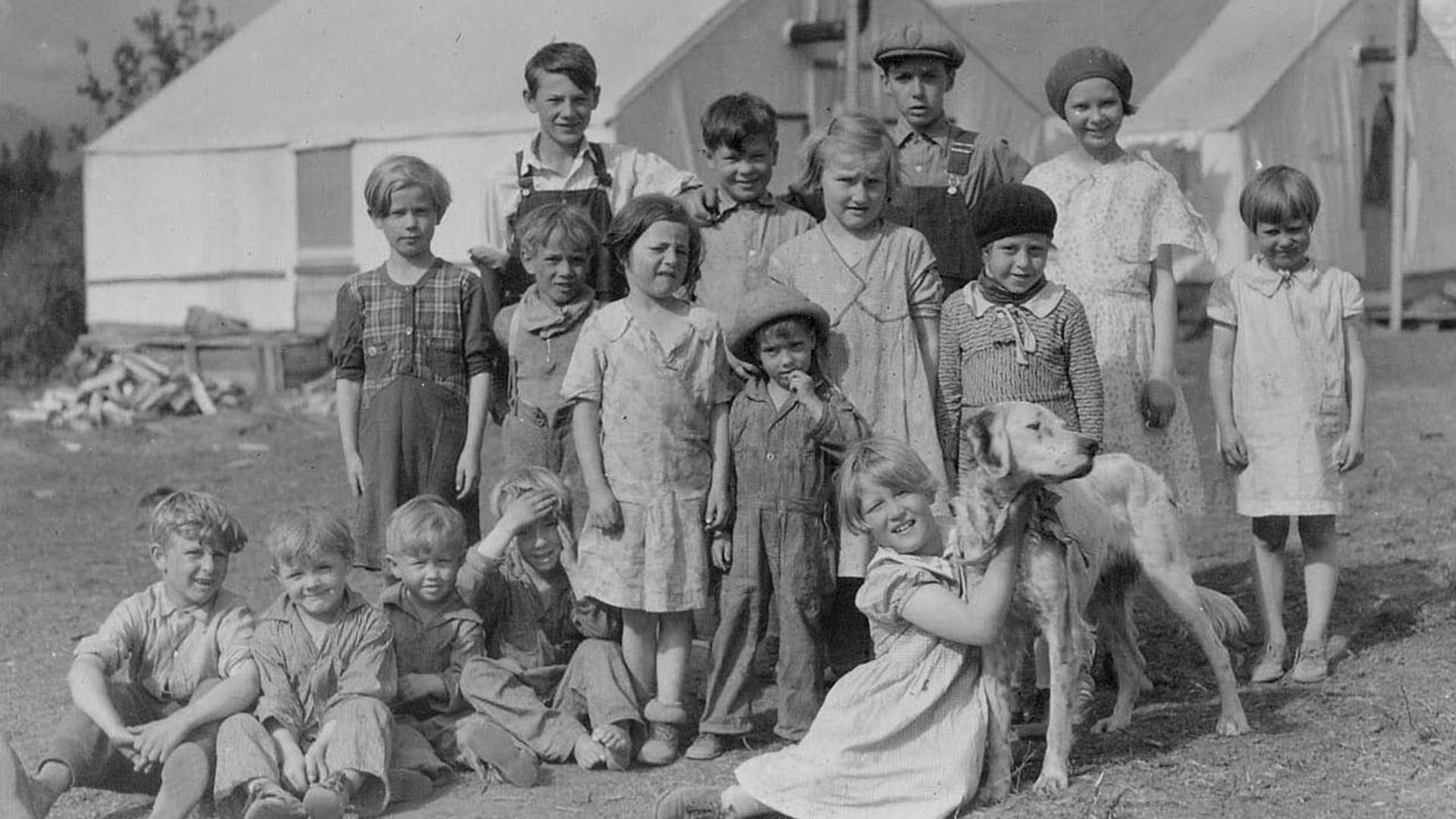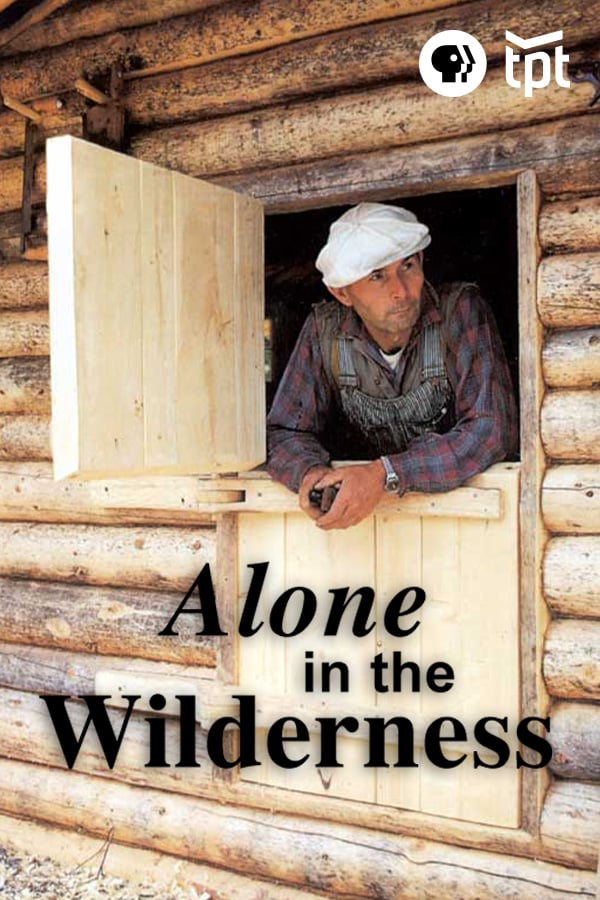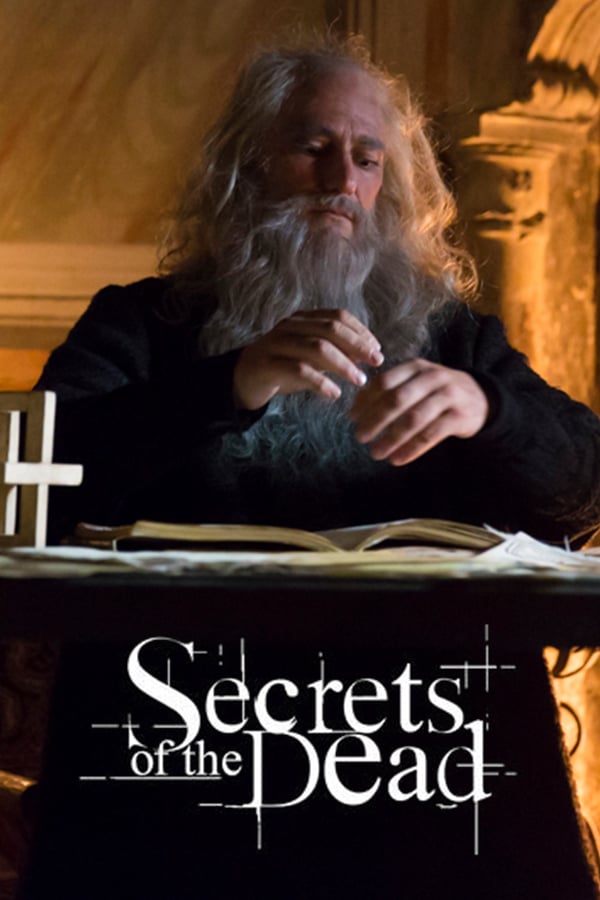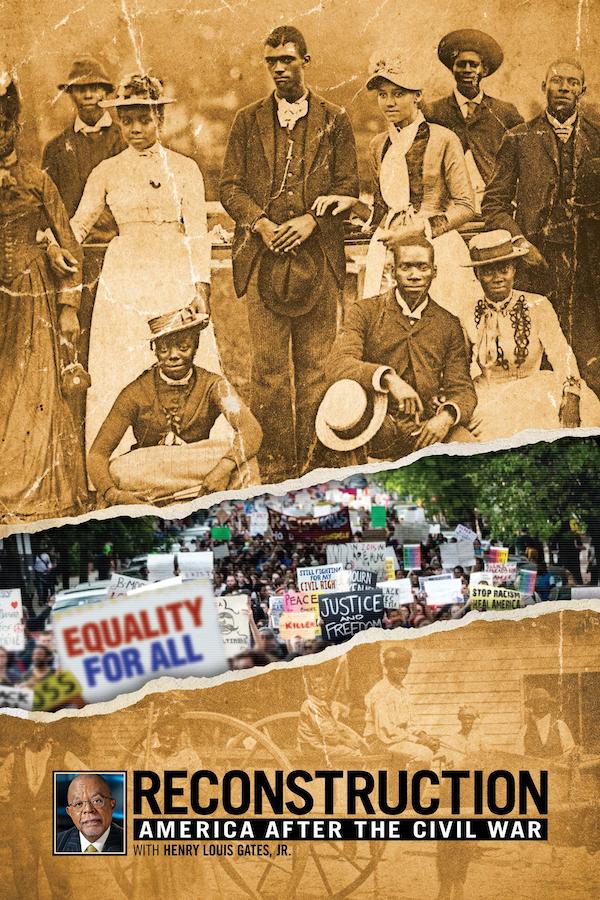In the midst of the Great Depression, Franklin Roosevelt’s New Deal gave 202 destitute Midwestern farm families a chance to start over in Alaska, then just a U.S. territory. ALASKA FAR AWAY tells the absorbing story of this bold government experiment and of the unsuspecting families thrust into the national spotlight. The Matanuska Colonization Project of 1935 stood out as one of the most unusual and controversial of the many New Deal programs designed to help ordinary citizens crushed by the Great Depression. The project relocated more than 200 struggling families from northern Michigan, Minnesota and Wisconsin to the Matanuska Valley in Alaska to start an experimental farming colony, to open up Alaska for settlement and to give these families a fresh start. It generated a whirlwind of publicity at the time, not only as a very expensive federally funded social experiment (each family received a $3,000 loan), but also as one of the last pioneer movements in the United States. The national press by turns glorified, vilified and mythologized the colonists, one day lauding them as heroes and the next day scorning them as “cream-puff pioneers.” Creating a new community under such an unforgiving microscope forged unbreakable ties among the colonists, some of whom remain there to this day. Narrated by actor Peter Coyote and featuring archival footage and interviews with many surviving colonists, ALASKA FAR AWAY recreates the hardships, dangers and excitement of leaving everything behind to settle a new land.











